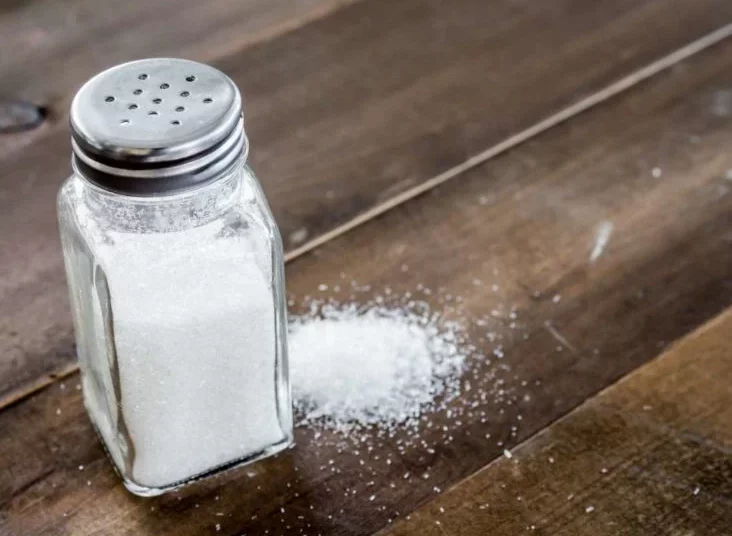Excessive salt consumption has been identified as a major driver of high blood pressure and its associated health complications in Nigeria, prompting the Federal Ministry of Health and Social Welfare to launch the National Guideline for Sodium Reduction.
The initiative, unveiled recently in Abuja, aims to curb rising cases of hypertension, cardiovascular diseases, and stroke by promoting healthier dietary habits among Nigerians.
In her keynote address, the Special Adviser to the President on Health, Dr. Salma Anas Ibrahim, highlighted the alarming impact of high sodium intake on public health. She noted that over 27.5 million Nigerians suffer from hypertension, with prevalence rates ranging from 22 per cent to 44 per cent. Many of these cases are linked to excessive salt consumption, which is prevalent in traditional cooking methods, processed foods, and discretionary salt use at the table.
“The healthcare sector in Nigeria faces significant challenges, and hypertension remains one of the most pressing public health concerns. High sodium intake is a major risk factor for cardiovascular diseases, stroke, and kidney failure,” Dr. Ibrahim stated.
Studies indicate that the average Nigerian consumes far more than the World Health Organization’s (WHO) recommended daily sodium intake of less than 5 grams. The globalidation of the food industry has further exacerbated the problem, with more people consuming high-sodium processed foods.
The newly launched National Guideline for Sodium Reduction aligns with Nigeria’s National Multisectoral Action Plan for the Prevention and Control of Non-Communicable Diseases (2019-2025). It incorporates WHO’s SHAKE technical package for salt reduction.
Dr. Ibrahim emphasised that reducing dietary sodium by 30 per cent over the next five years could significantly decrease hypertension-related complications. She urged Nigerians to take simple yet effective steps to reduce their salt intake, such as using alternative seasonings, reducing processed food consumption, and eating more fresh fruits and vegetables.
“The success of this initiative depends on widespread public awareness and action. Reducing salt intake is one of the most cost-effective ways to improve heart health and prevent life-threatening conditions,” she added.
We’ve got the edge. Get real-time reports, breaking scoops, and exclusive angles delivered straight to your phone. Don’t settle for stale news. Join LEADERSHIP NEWS on WhatsApp for 24/7 updates →
Join Our WhatsApp Channel










